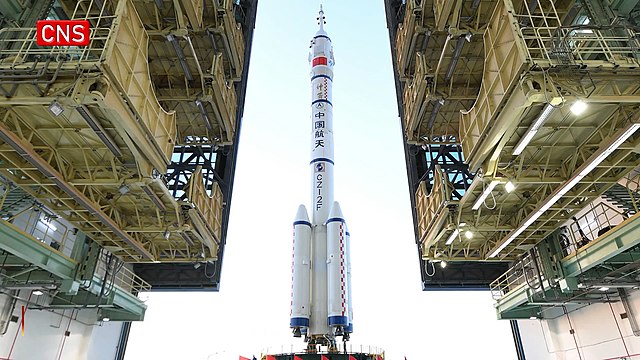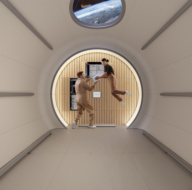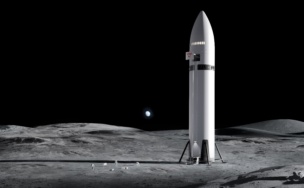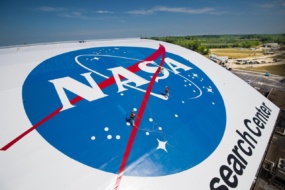Yesterday, China successfully launched a Long March 2D rocket to orbit, carrying the H-alpha Solar Explorer and 10 additional small satellites. H-alpha is China’s debut solar observatory, SpaceNews reports. The telescope-equipped spacecraft is headed for 517-KM, sun-synchronous orbit.
The mission was China’s 37th orbital launch of 2021.
Next up: Shenzhou 13. Hours after this hits your inbox, China is set to launch the second crewed mission to the Tiangong space station. Astronauts Zhai Zhigang, Wang Yaping, and Ye Guangfu will stay at Tiangong (‘Heavenly Palace’) for six months. Wang will be the first female astronaut to visit Tiangong, per SCMP, and conduct a spacewalk.
According to the China Manned Space Agency, the crew’s to-do list includes spacewalks, robotic arm tests, spacesuit evaluation, and scientific experiments. The astronauts will also prep the still-under-construction station for the forthcoming addition of the Wentian and Mengtian lab modules.
Milestones to watch: China conducted 39 launches in 2020. The China Aerospace Science and Technology Corporation set a goal to pass 40 launches this year, as Ars Technica notes. The country is pacing to cruise past that number. Finally, one more benchmark to note: the Long March rocket family is approaching 400 total launches.





